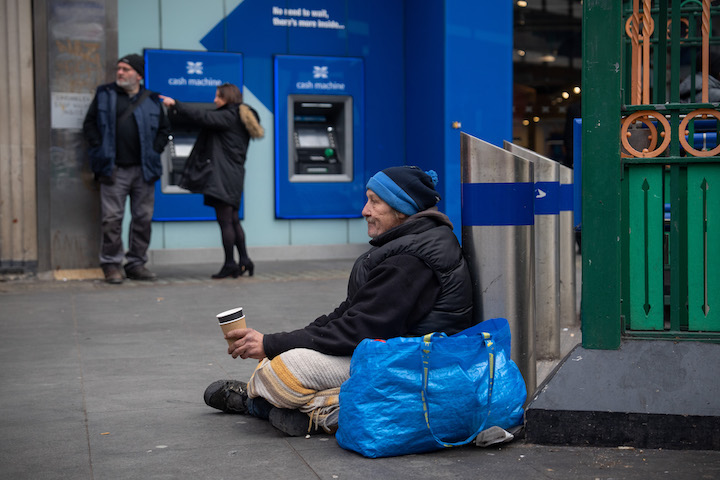When Rishi Sunak presented the latest attempt by a prime minister to get tough on anti-social behaviour, it wasn’t the graffiti-cleaning or the ‘gotcha’ fly-tip cameras or the labelled jumpsuits that caught my eye. It was the inclusion of begging.
Admittedly, you had to go pretty far down his pledge list before you found it.
Already a subscriber? Log in
Subscribe for just $2 a week
Try a month of The Spectator Australia absolutely free and without commitment. Not only that but – if you choose to continue – you’ll pay just $2 a week for your first year.
- Unlimited access to spectator.com.au and app
- The weekly edition on the Spectator Australia app
- Spectator podcasts and newsletters
- Full access to spectator.co.uk
Or




















Comments
Don't miss out
Join the conversation with other Spectator Australia readers. Subscribe to leave a comment.
SUBSCRIBEAlready a subscriber? Log in